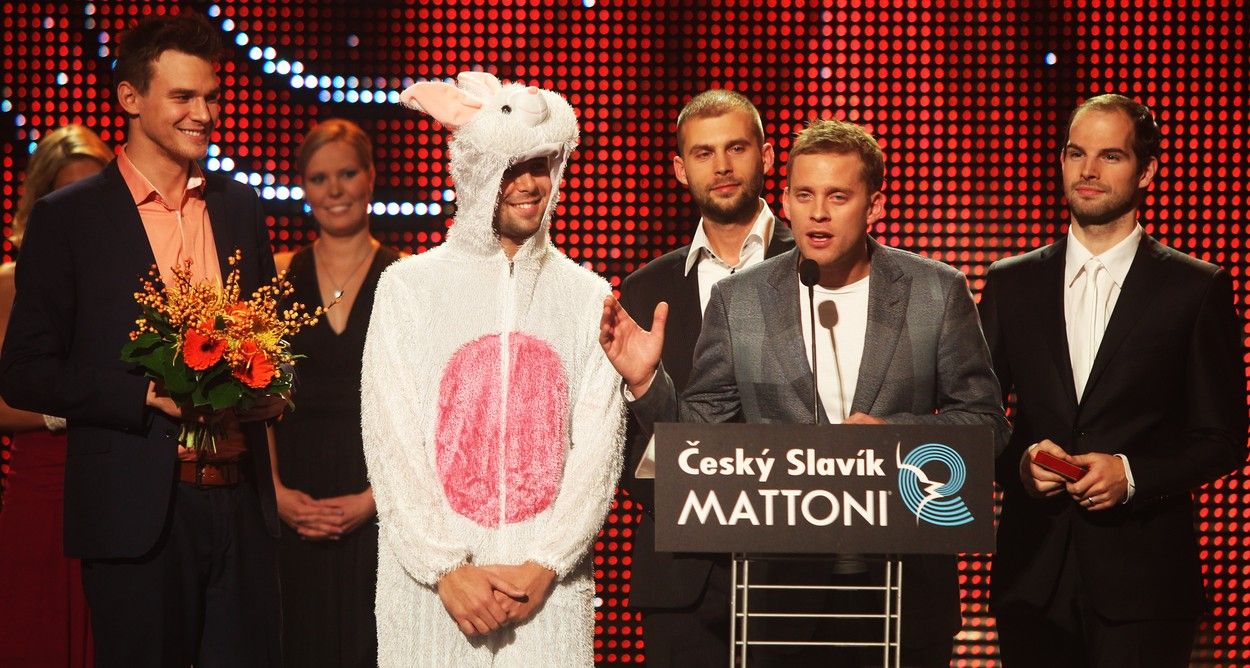Representatives of the British supercar manufacturer McLaren have revealed that the long-awaited successor to the P1 will not arrive until around 2030, but it will be fully electric. The P1 model has been in circulation since 2012, but over time, company representatives have recognized that the successor of this model must make a technological leap forward.
Since the introduction of the P1, McLaren has launched several supercars – Senna, Speedtail, Elva, but they are not the direct successors of the famous McLaren F1 – the direct successor of this model is the P1. The manufacturer’s representatives point out that the development of electric car technology, which is still continuing very rapidly, allows us to think about a proper successor in electric form.
McLaren’s new manager Michael Leiter in an interview Autocar stated that the development of electric power units is one of the cornerstones of McLaren’s power unit projects. However, he points out that internal combustion engines and hybrids are still being developed and will continue to play an important role in the cars offered by the supercar manufacturer.
Leiter points out that there are obvious drawbacks to an electric supercar. “We don’t want to create a 2,000-kilogram, 2,000-horsepower car. Anyone can do that, but it wouldn’t be in the spirit of McLaren. We want a car that would be similar in weight to the 750S model, namely around 1400 kilograms. We don’t need 2000 horsepower. We are working on it, we have several interesting concepts that are being worked on. But in the end, it all has to beat cars equipped with internal combustion engines,” says the company’s boss.
The word “beat” here does not only mean more power and shorter time for the car to reach a speed of 100, 200 km/h. McLaren also thinks about the overall performance, the agility of the car. Leiter points out that technology itself and what it will bring to machines will change over time. He thinks that an electric car meeting McLaren’s needs and standards could be built by the end of the decade.
Leiter explains that McLaren buyers do not yet demand an electric car and are very happy with internal combustion engines, as evidenced by the sales figures, but he stresses that the manufacturer must be cautious as times and customers change – McLaren must be ready to offer a competitive electric car, because sooner or later customers will request it. He also supports the proposals adopted by the European Union, which allow the use of synthetic fuels in new cars in the future as well – for niche manufacturers like McLaren, whose cars actually cover a relatively small number of kilometers, the development and production of electric cars may not pay off either financially or from the point of view of climate protection. In other words, production creates so many emissions that the machine cannot “recoup” it during its lifetime.
2023-08-16 09:00:00
#successor #McLaren #fully #electric #reach #customers


